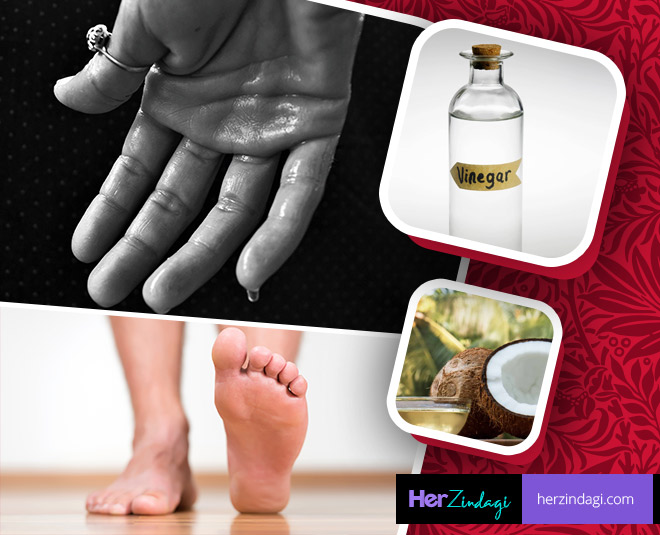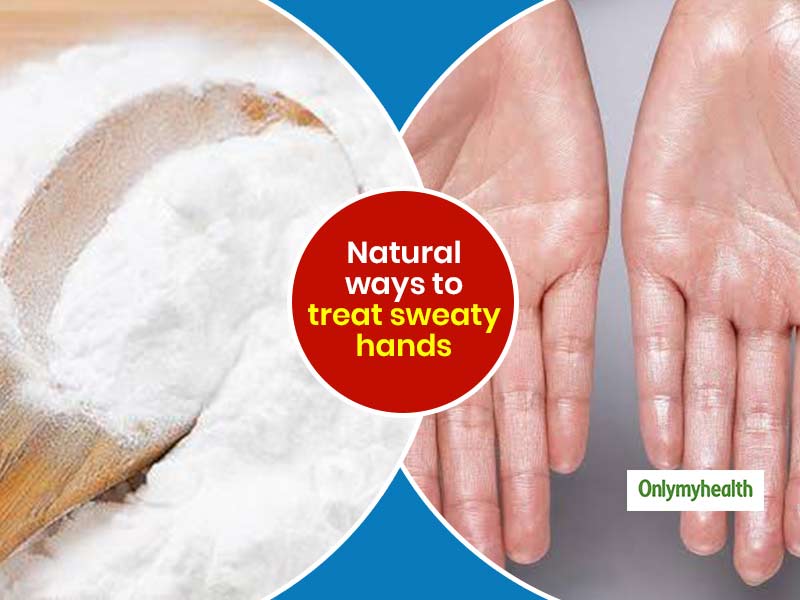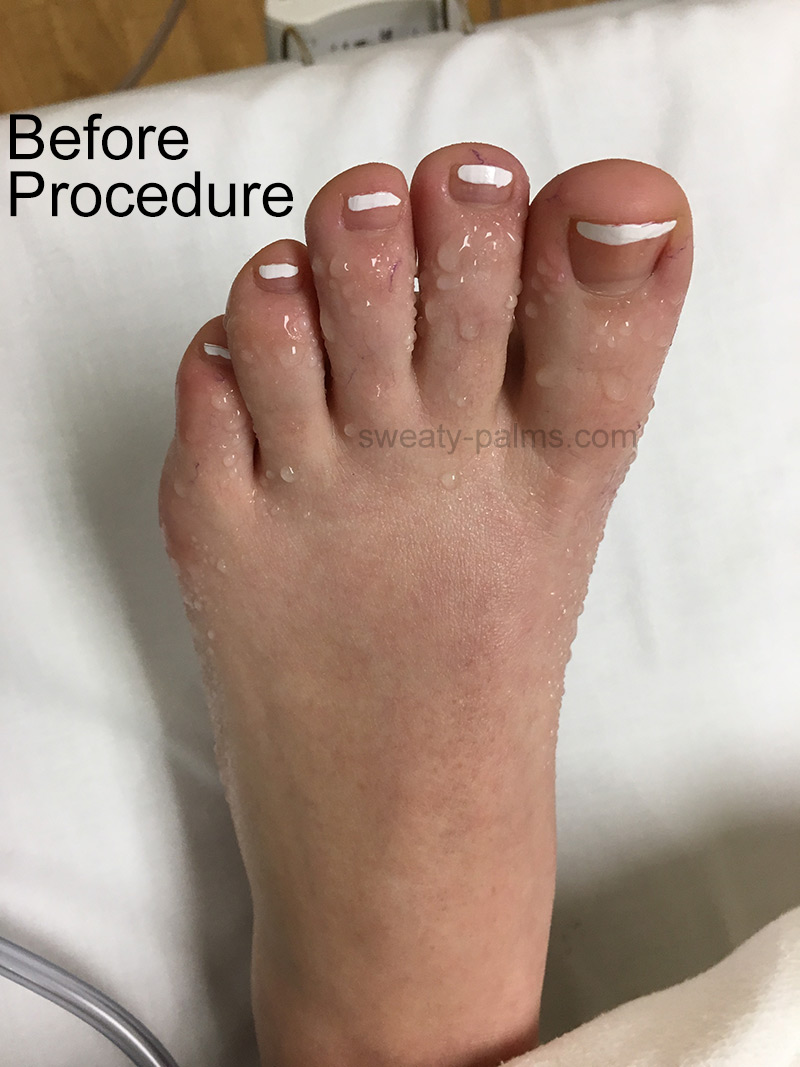Effective Dermatology Solutions for Excessive Sweating: How to Stop Sweaty Hands and Feet
Effective Dermatology Solutions for Excessive Sweating: How to Stop Sweaty Hands and Feet
Blog Article
Comprehending the Root Reasons of Excessive Sweating and Its Effect On Day-to-day Live
While it is generally comprehended as a physiological response to control body temperature, the triggers for excessive sweating can differ commonly amongst people, incorporating not just physical variables but likewise emotional and psychological elements. By diving into the root creates of hyperhidrosis and exploring its multifaceted effects, a deeper understanding of this prevalent issue can be obtained, losing light on the intricacies that individuals grappling with extreme sweating browse on an everyday basis.
Physiology of Sweat Glands
The law of sweat manufacturing, an important physiological procedure, is mostly controlled by the activity of sweat glands distributed throughout the human body. Sweat glands are classified into two main types: eccrine and apocrine glands.
When the body temperature increases, either as a result of exercise, heats, or psychological stress, the anxious system activates the sweat glands to create sweat. This sweat is made up mainly of water and electrolytes like sodium and chloride. The procedure of sweat manufacturing is crucial for preserving the body's inner temperature level within a narrow, optimum range, highlighting the critical function gland play in human physiology.
Triggers for Excessive Sweating
In comprehending the root causes of too much sweating, it is vital to identify the triggers that can cause this physical reaction. Excessive sweating, also called hyperhidrosis, can be triggered by different elements, both physical and ecological. One common trigger is emotional tension or anxiousness, which can stimulate the body's gland to create even more sweat than is essential for cooling down. Physical physical effort, heats, and spicy foods are additionally known to trigger excessive sweating in people prone to this problem. Certain clinical conditions like menopause, hyperthyroidism, or diabetic issues can contribute to excessive sweating as well.
In addition, drugs such as some antidepressants, opioids, and particular supplements can also work as triggers for hyperhidrosis. Recognizing these triggers is important in taking care of too much sweating efficiently - Sweaty hands treatment. By recognizing and dealing with the certain triggers that trigger extreme sweating in an individual, healthcare providers can develop customized treatment plans to reduce this condition and improve the individual's lifestyle
Medical Conditions Associated
Associated with too much sweating are various medical conditions that can worsen this physical reaction. One common problem is hyperhidrosis, a condition identified by extraordinarily boosted sweating that goes beyond the body's thermoregulatory demands. This can materialize in focal areas like the palms, soles, underarms, or face, affecting an individual's lifestyle due to social embarrassment and discomfort.
Additionally, endocrine conditions such as hyperthyroidism, diabetes mellitus, and menopausal hot flashes can likewise lead to extreme sweating. Hyperthyroidism triggers an overflow of thyroid hormones, speeding up metabolic rate and causing sweating.
Moreover, infections like endocarditis, tuberculosis, and hiv have been connected with night sweats, an usual sign recognized to interfere with sleep and influence overall wellness. These medical problems highlight the varied range of underlying factors that can add to excessive sweating, necessitating detailed assessment and monitoring by healthcare professionals.
Psychological and Mental Elements

Effect On Social Communications
Too much sweating can have profound results on a person's capability to involve comfortably in social communications. The noticeable indications of sweat discolorations or wet patches on garments can result in shame and self-consciousness, triggering people to withdraw from social circumstances. This withdrawal can affect connections, restriction social tasks, and hinder expert and personal growth.

Moreover, the anxiety and self-esteem concerns originating from extreme sweating can impact communication and social abilities. People might have a hard time to concentrate on conversations, join team activities, or express themselves with confidence. This can bring about sensations of seclusion and solitude, as social connections end up being challenging to keep.
Verdict

While it is typically understood as a physical response to manage body temperature, the triggers for excessive sweating can differ commonly amongst individuals, encompassing not only physical elements however psychological and additionally emotional elements. By delving into the origin triggers of hyperhidrosis and discovering its complex results, a deeper understanding of this pervasive problem can be gotten, losing light on the complexities that people grappling with excessive sweating navigate on an everyday basis.
Physical exertion, high temperatures, and spicy foods are also recognized to activate too much sweating in people prone to this problem. By identifying and addressing the particular triggers that motivate too much sweating in a specific, health care providers can develop personalized treatment plans to relieve this condition and improve the individual's top quality of life.
Excessive sweating can have extensive results on an individual's ability to engage comfortably in social communications.
Report this page